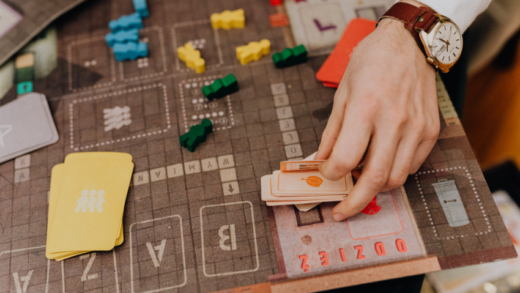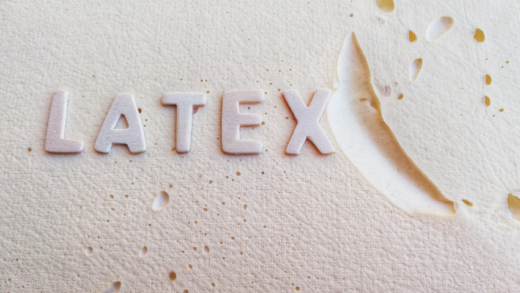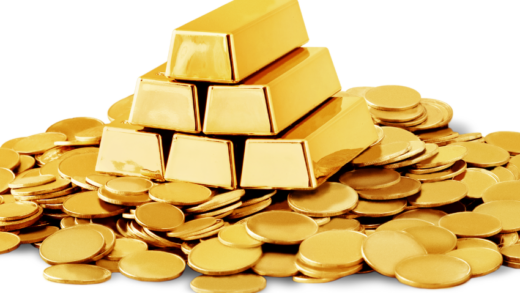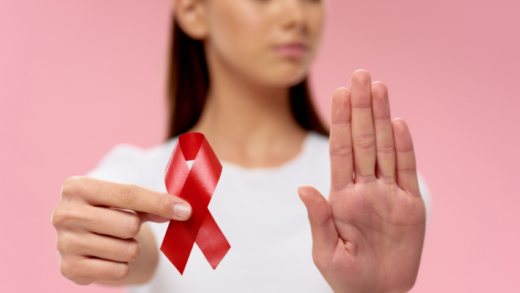Poetry has been an integral part of human civilization for centuries. It is a form of art that uses language to convey emotion, ideas, and stories in a unique and powerful way. From ancient civilizations to modern times, poetry has been used to express love, grief, joy, and a myriad of other human experiences. In this article, we will take a journey through the history of poetry and explore its evolution, influence, and significance.
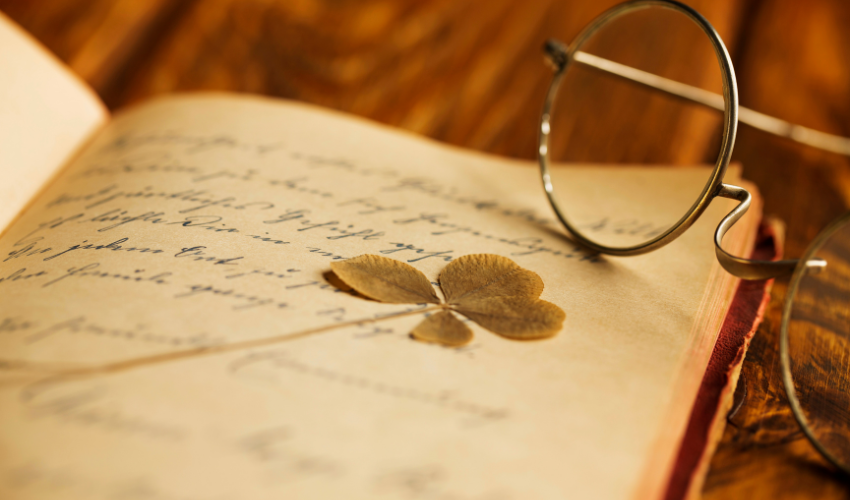
The Roots of Poetry in Ancient Civilizations
Poetry has its origins in the oral traditions of ancient civilizations. The earliest forms of poetry were composed to be recited or sung and were often associated with religious rituals and festivals. Examples of ancient poetry include the epic poems of Homer, such as the Iliad and the Odyssey, and the hymns of the ancient Greeks.
Poetry in Ancient India and China
Ancient India and China also have rich traditions of poetry. The Vedas, the oldest sacred texts of Hinduism, contain hymns and poems that date back to 1500 BCE. In China, poetry was an integral part of the Confucian tradition, and the Book of Songs, one of the oldest Chinese poetry collections, dates back to the 11th century BCE.
Poetry in Ancient Egypt
Poetry was also an important part of ancient Egyptian culture. The oldest surviving collection of Egyptian poetry is the Pyramid Texts, which date back to the Old Kingdom period (2686-2181 BCE). These texts were inscribed on the walls of pyramids and were believed to help the pharaohs in the afterlife.
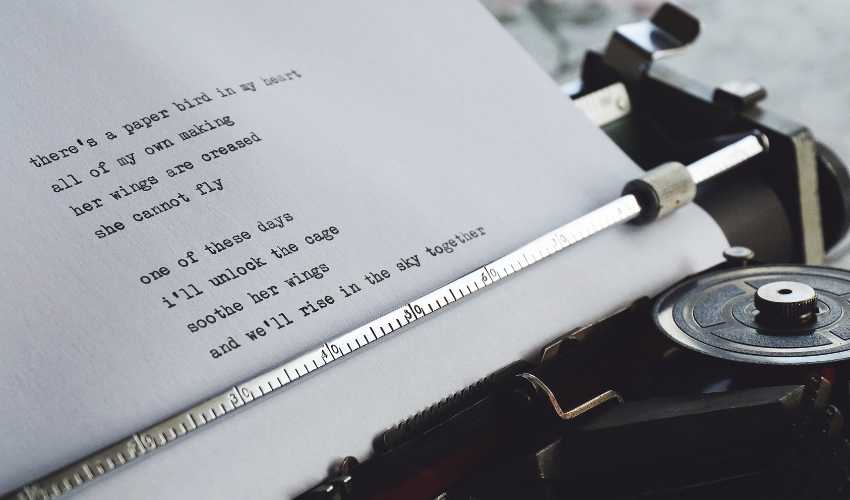
Poetry in the Middle Ages and Renaissance
During the Middle Ages and Renaissance, poetry continued to evolve and expand its reach. The troubadours and minstrels of medieval Europe composed poetry to be sung and performed at courtly gatherings. In the Renaissance, poets such as William Shakespeare and John Milton brought poetry to the forefront of literary culture.
The Rise of Sonnets and Epic Poetry
The sonnet, a fourteen-line poem with a specific rhyme scheme, became popular during the Renaissance. It was used to express love, politics, and other subjects. Epic poetry, such as Milton’s Paradise Lost, also emerged during this period and became a popular form of long-form storytelling.
Poetry in Islam and Persia
Poetry was also an important part of Islamic and Persian culture during this period. The Persian poet Rumi, for example, is still widely read and celebrated today for his spiritual and mystical poetry.
The Modern Era of Poetry
In the modern era, poetry has continued to evolve and adapt to changing times. From the Romantic poets of the 19th century to the modernists of the early 20th century, poetry has continued to explore new forms and themes.
The Rise of Free Verse and Experimental Poetry
In the early 20th century, poets such as T.S. Eliot and Ezra Pound experimented with new forms of poetry that challenged traditional structures and conventions. Free verse, which does not follow a specific rhyme or meter, became a popular form of expression.
The Influence of Poetry in Popular Culture
Poetry has also influenced popular culture, particularly in music. The lyrics of many popular songs are written in poetic form and have been used to express a range of emotions and ideas.
Bullet points
- Oral poetry and folk songs were the earliest forms of poetry, often used to convey myths, stories, and beliefs.
- Epic poetry emerged in ancient civilizations, such as Greece, Rome, and India, and celebrated heroic deeds and legends.
- The medieval period saw the emergence of new forms, such as the sonnet and courtly love poetry, and the themes of morality, religion, and chivalry.
- The Renaissance and Enlightenment period saw a period of innovation and experimentation in poetry, with the emergence of the sonnet cycle, metaphysical poetry, and satire.
- The Romantic era emphasized emotion, nature, and individualism, with poets like Wordsworth, Shelley, and Keats.
- Modernism and Postmodernism saw the emergence of avant-garde movements like imagism, surrealism, and Beat poetry, challenging conventional forms and themes.
- Contemporary poetry reflects a diverse and inclusive landscape, with the rise of spoken word, feminist poetry, and digital poetry.
FAQs
Who is considered the father of English poetry?
Geoffrey Chaucer, author of The Canterbury Tales, is often considered the father of English poetry.
What is a sonnet?
A sonnet is a poem consisting of 14 lines, often with a specific rhyme scheme and meter.
What is the difference between poetry and prose?
Poetry is a form of literature that uses language to evoke emotion, convey meaning, and create images through the use of rhyme, meter, and other poetic devices. Prose, on the other hand, is written or spoken language that is not structured into metrical or rhythmical patterns.
Who are some famous contemporary poets?
Some famous contemporary poets include Claudia Rankine, Ocean Vuong, Warsan Shire, and Amanda Gorman.
How has technology impacted poetry?
Technology has impacted poetry in numerous ways, from the rise of digital poetry to the democratization of publishing and the dissemination of poetry through social media platforms.
Conclusion
The history of poetry is a rich and diverse field, encompassing numerous styles, forms, and genres from around the world. From the earliest oral traditions to the latest digital platforms, poetry has evolved with the changing times, reflecting the cultural, social, and political landscape of the world. Tracing the evolution of poetry through the different stages and styles can provide insight into the human experience, allowing us to connect with the past and appreciate the beauty and power of language.

